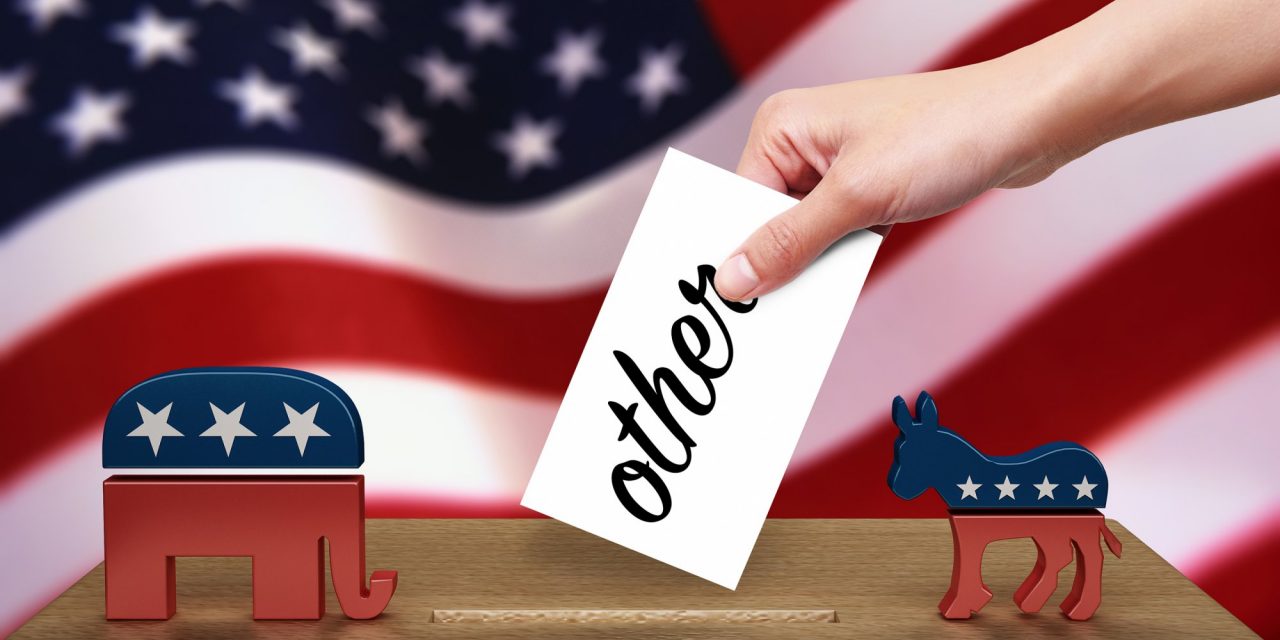Steve Seibert, a former elected official from Florida, has taken a long look at the Republican and Democratic conventions and was motivated to write a treatise on why both parties have abandoned moderate, centrist principles in favor of party loyalty and lockstep ideology.
The piece, originally published by The Daily Beast, is the newest material from the Centrist Project, which seeks to shed partisan self-righteousness and end stubborn gridlock in Washington. He citesthe project’s founder, Charles Wheelan, author of “The Centrist Manifesto,” argues that a centrist party could “take the best ideas from each party, discard the nonsense, and build something new and better.”
As Seibert wrote, “Right now America needs to elect more politicians who do not fit neatly into one political tribe or the other.”
After giving a tutorial on what it means to be a “moderate,” and what it means to be a “centrist,” Seibert launches into a high-volume blast aimed at both parties. Here is an excerpt:
Is there such a person as an angry moderate centrist? You bet. We are angry that our political discourse is so superficial and coarse. Our elected leaders are not listening, they are not humble, and they are not resolving anything of importance.
We are angry that the two parties have monopolized the political process, often by making rules that perpetuate their stranglehold on power. Forty-three percent of Americans now describe themselves as independent, yet there is only one independent in the Senate (two, actually) and none in the House. How is that possible in a representative democracy?
We are angry that our leaders outside of politics are so timid in confronting the political status quo. Where are those creative and courageous thinkers, like the “disrupters” in Silicon Valley, when America clearly needs to disrupt the two-party duopoly?
The Constitution did not create political parties. Our parties have arisen (and disappeared) in response to the needs of the times: the Federalists, the Democrats, the Progressives, the Republicans. Right now, we need some political innovation.
America’s capacity to govern (and lead the world) is compromised. We are angry with each other and deeply troubled about our future. Some find solace in moral certainty.
As moderate centrists, we find that deeply troubling. The opposite of moral certainty is not ambivalence. It is toleration, moral humility, intense personal engagement, and a fierce loyalty to governing a diverse nation in complex times.
So yes, we are moderates, and we are centrists, and as we watch the Republican and Democratic conventions, we are mad as hell.



